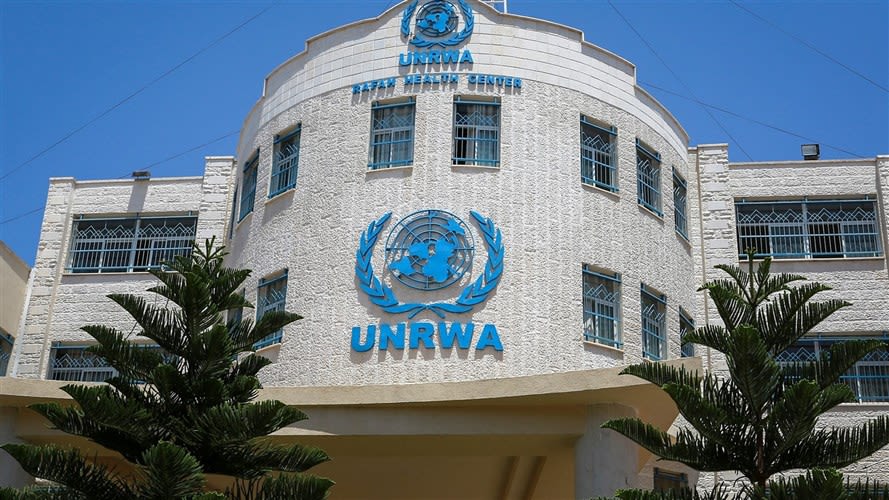UNRWA warns of the failure of the Israeli plan to deliver aid to Gaza.

Philip Lazarini, the Commissioner-General of UNRWA, issued a strong warning that the proposed Israeli aid transfer plan is "doomed to fail," describing it as "nothing more than a drop in the ocean."
This comes as humanitarian aid trucks continue to flow into Gaza through the limited Kerem Shalom crossing.
Lazarini's statement was made in a post on the agency's official Facebook page, where he emphasized that this model is "designed to serve military objectives more than being a response to a real humanitarian crisis."
He added that "any humanitarian organization that respects basic principles cannot cooperate with such a plan."
Lazarini pointed out that scenes of aid looting or disappearance "are not surprising" due to the ongoing blockade of Gaza for over 11 weeks, leading to starvation and deprivation of basic necessities like water and medicine.
He said, "Elderly people have died due to lack of medicine, while parents have been unable to feed their children."
He stressed that the current aid quantities are "wholly inadequate," stating that the minimum required is between 500 and 600 trucks daily, overseen by the United Nations and its specialized agencies.
He concluded by saying, "Saving lives must take priority over all military and political considerations, as the people of Gaza cannot bear any more waiting."
Meanwhile, UN Secretary-General Antonio Guterres described the situation in Gaza as "potentially the most severe in the history of this long conflict," warning of the escalating Israeli military attacks and the "horrific" levels of destruction and casualties they leave behind.
Guterres revealed that Israel allowed around 400 aid trucks to enter through Kerem Shalom crossing, but only 115 trucks' supplies were distributed. The World Food Programme warned that two million people in Gaza are on the brink of famine unless urgent action is taken to save them.
Gaza is experiencing an escalating humanitarian crisis due to the continued shortage of vital supplies, worsening food, medicine, and water crises, amid international warnings of catastrophic consequences if crossings are not promptly and sufficiently opened for aid.